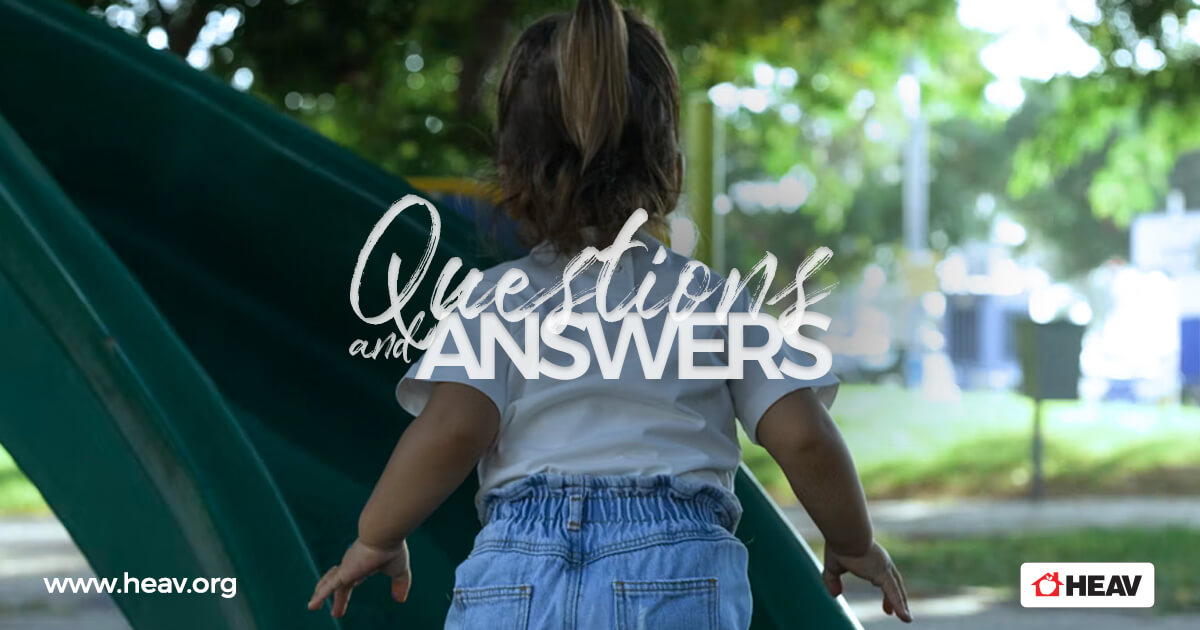SOLs and Homeschoolers
Q. What are the Standards of Learning (SOL) requirements for homeschoolers?
A. A homeschool curriculum does not have to comply with the Virginia Standards of Learning (SOLs), and homeschoolers are not required to take SOL tests. In fact, they are prohibited from taking them because they lead to a public school diploma. Most homeschool students will receive a parent-generated diploma.
If homeschoolers were required to take the SOL tests, these standards would drive each homeschool family’s curriculum. This means that homeschool parents would be compelled to teach the same subjects, with the same content, at the same time they are taught in public schools. Teaching would be focused on the objectives of the SOLs, instead of on individualized instruction, the foundation of successful homeschooling.
SOL tests are criterion-referenced tests–tests based on mastering particular information taught at specific times during a student’s government school education. SOL tests cover all subjects. When teaching large groups of students across the state, they assure that each student receives the same instruction in all areas of study. Success is based on mastering predetermined objectives.
In contrast, homeschool parents have the unique opportunity to choose curriculum specific to the educational needs and interests of their children. Whether a child learns about mammals in the third grade or fourth grade isn’t as important as the fact that he learns about them. If a high school student’s interest in chemistry peaks in tenth grade, a homeschool parent has the freedom to focus on his student’s interest and teach that subject when it is most effective. A homeschool high school student could just as easily take biology in eleventh grade as in twelfth grade. He’s not locked into a tenth-grade biology course because he must take a tenth-grade biology SOL test. Homeschoolers have the freedom to make academic choices that are individualized and consistent with their student’s interests, abilities, and learning style.
Instead of SOL tests, homeschoolers have a different measure for academic progress. Homeschool parents who file a Notice of Intent and comply with the homeschool statute are required to submit “(i) evidence that the child has attained a composite score in or above the fourth stanine on any nationally normed standardized achievement test or (ii) an evaluation or assessment which the division superintendent determines indicates that the child is achieving an adequate level of educational growth and progress” (§ 22.1-254.1(C). These results are due August 1 each year.
Both of the above options allow parents more flexibility and freedom in choosing curriculum than SOL testing would allow. Homeschool parents who submit test scores are only required to submit a composite score–the results of the basic core subjects, language arts and mathematics–not a complete range of SOL subject tests. Because of this, parents have more choices with non-core subjects.
Achievement tests also use a different standard for measuring success than SOL tests. Percentile scores are derived by comparing a student’s test scores with the scores from a sample group of students across the nation. The results show how the student is progressing compared to other students at the same age and grade level. In contrast, SOL tests measure mastery of predetermined material.
Although reviewing the SOLs may be useful to homeschooling parents interested in knowing the curriculum content of government school subjects, homeschoolers are not required to use them. The SOLs can be found on the Virginia Department of Education’s website.
NOTE: If a student transfers to a public school, he may be required to take one or more SOL tests for placement or high school credit transfer. Transfer policies differ in each school district.








